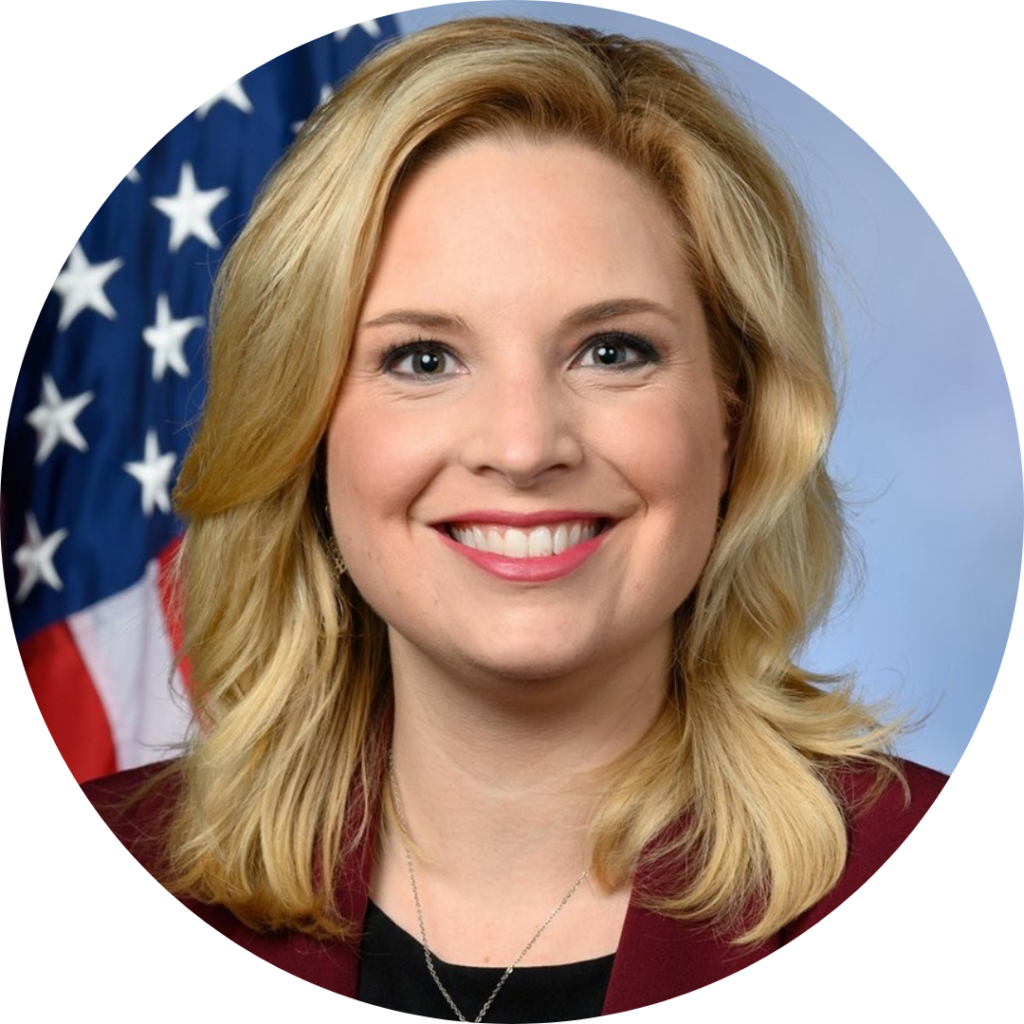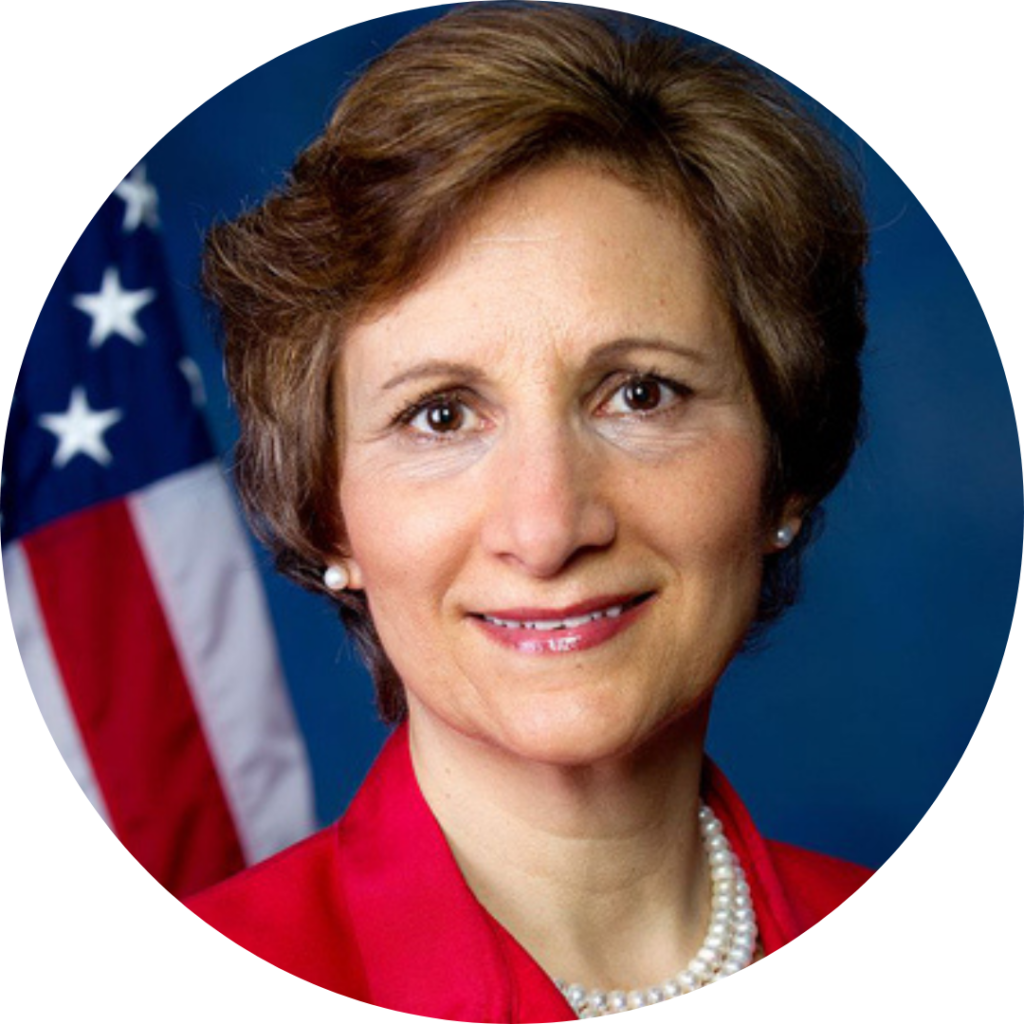ECE in 2020: A Year in Review
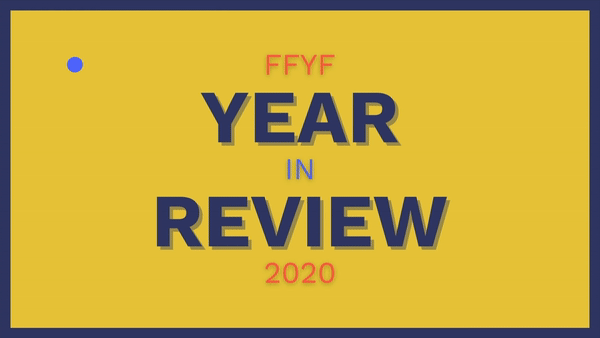

Take a look at FFYF’s 2020 Year in Review:
The COVID-19 Pandemic
The Coronavirus pandemic cast a dark shadow over much of 2020, wreaking havoc on the country’s health and economy. The child care industry was hit particularly hard, with widespread layoffs and closures, along with continued uncertainty resulting from significant increases in operating expenses, sustained low enrollment, and unpredictability about the prospects of recovery. All of this makes for an unsustainable financial situation for an industry that operates on razor-thin margins.
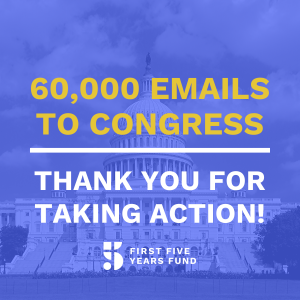
FFYF sprang into action at the outset of the pandemic, leading efforts with our partners to ensure Congress quickly provided financial relief for child care providers amid the growing crisis. Lawmakers received over 65,000 emails from all 50 states through an FFYF action campaign, reinforcing to Congress that Americans wanted their representatives to support the child care industry. As a result, Congress included crucial funding for child care providers and families in the CARES Act.
As the pandemic raged and the economy continued to suffer, it became more clear that the child care industry would be among the hardest hit. A survey in April of over 6,000 child care providers found that 1 in 3 said they would not survive a closure of more than two weeks without significant public investment. Further analysis revealed that nearly 4.5 million child care slots would be eliminated if significant assistance didn’t reach child care providers soon. Those who were able to continue operating were faced with increased operating expenses and decreased enrollment as a result of the pandemic.
Understanding that the child care industry would need further relief, FFYF spearheaded an effort to bring together the country’s leading child care, business, and child advocacy organizations, and launched Child Care Relief—a campaign to ensure federal lawmakers prioritize and address the needs of child care providers and families in the COVID-19 economic recovery effort – and beyond.
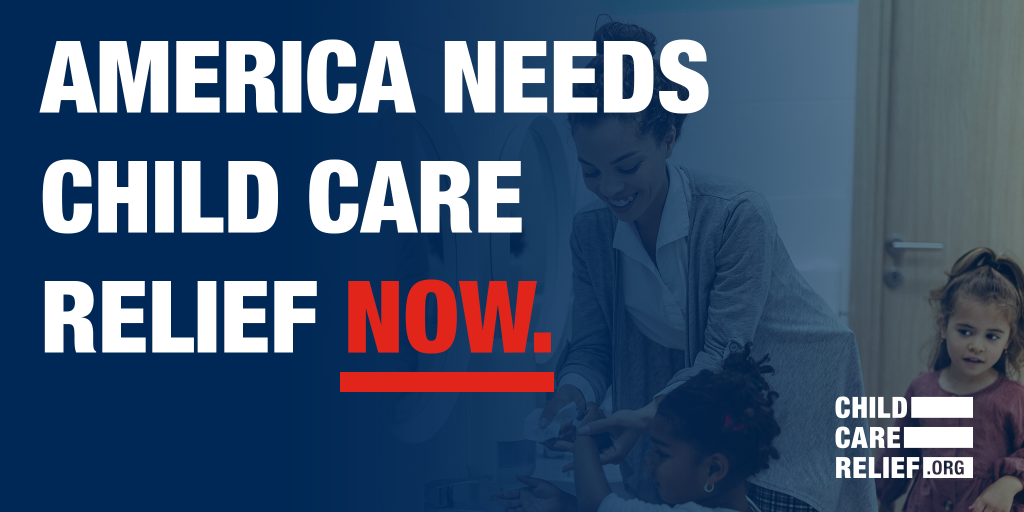
The work was all the more important as the impact of the pandemic worsened throughout the year. In August, survey data revealed that 70% of child care programs either closed permanently or are now operating at reduced capacity or hours. And 40% of employers expressed concern that some employees will not fully return to work, primarily because of child care challenges. At a Congressional briefing hosted by the Child Care Relief campaign, lawmakers and staff on Capitol Hill were able to hear directly from parents, providers, and community leaders about the vital importance of providing relief for the child care industry.
Thankfully, lawmakers from both sides consistently prioritized child care in relief efforts throughout the year. In fact, funding for child care was included in every relief proposal – from Democrats and Republicans alike. And with all of the harm and heartache caused by the pandemic, there is clear evidence that the devastating impact on the nation’s child care industry has revealed for millions of Americans just how essential child care is for children, families, and the economy. What’s more, FFYF analyzed news media data and found a significant increase in press coverage on child care in 2020 — up almost 90% over the same time period in 2019.
Ultimately, after months of persistent advocacy amid Congressional inaction and stalled negotiations, lawmakers passed a relief package on December 21, 2020, which included $10 billion for child care relief.
But the work isn’t over. The new Congress and incoming Biden administration have an opportunity to pick up where this down payment leaves off to ensure providers have the resources to prevent them from shuttering their doors permanently through what is sure to be a tumultuous and unpredictable few months, as well as to address the nation’s child care challenges by fortifying an early learning and care system that works for all families.
Progress on Capitol Hill
So much legislation this year has been rightfully focused on relief and recovery from COVID-19, but there was also important progress made for early learning and care apart from pandemic relief efforts.
Recognizing the needs of American children, families, employers, and child care providers, Congress in recent years has taken an unprecedented interest in finding bipartisan solutions to challenges in early learning and care. While Congress produced numerous early learning and care proposals, below are a selection of bills which have garnered support by Democrats and Republicans, who identified solutions to respond to the COVID-19 pandemic, support educators, elevate quality, improve access and affordability, and strengthen existing programs.
In 2020, there was a significant increase in the number of lawmakers who signed onto letters supporting early childhood education (ECE) funding, including 47 Republicans. This summer, the House passed a government funding bill that included more than $275 million in increases for early learning programs like PDGB5, Head Start and CCDBG. Later, the Senate released its FY2021 funding proposal which included at least $175 million in increases for federal ECE programs. Investments in early learning remained a bipartisan priority for lawmakers, including members of the bipartisan Pre-K Caucus who partnered with FFYF in urging their colleagues to support robust ECE funding.
Ultimately, Congress passed its FY2021 funding bill on December 21, which included crucial funding increases for many of the core early learning and care programs.
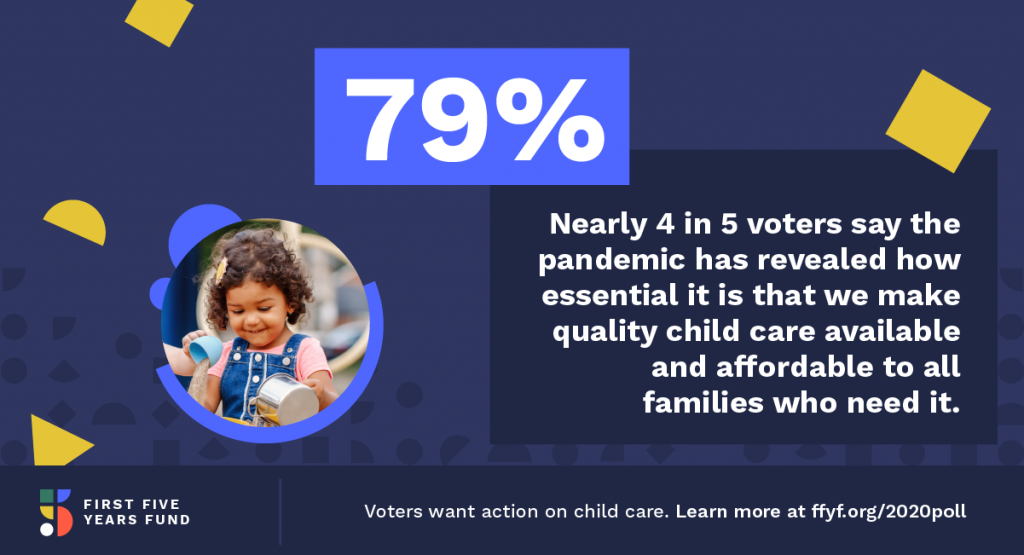
And it’s not just lawmakers who see this as an important issue. FFYF’s 2020 national poll revealed the clear impact the COVID-19 crisis has had on voters’ perception of quality child care — and the need for a significant public investment in meaningful child care policy solutions for working families and providers. Most notably, a vast majority of American voters say high-quality, affordable child care for families with young children is an essential service — just like healthcare and education.
The Election
During the 2020 election cycle, early learning and care became a major focal point of candidates and campaigns at all levels, on both sides of the aisle, with voters increasingly looking to policymakers for solutions to the child care challenges facing working parents.
FFYF undertook a major effort to ensure child care and early learning remained a focus on the campaign trail. To assist candidates in educating themselves on issues related to ECE, FFYF provided the campaigns with Presidential Briefing Books. With these briefing books, campaigns had access to data-tested messages and ideas for further elevating child care and early learning in their campaigns in a way that effectively reaches voters across the political spectrum, as well as the history of success at state and federal levels.
A toolkit was also available for voters to learn more about early learning and care and how it affects their communities directly. FFYF compiled the best resources for voters to use as they engaged with candidates running for any office in their state. From sample op-eds to social media posts, voters were encouraged to use the toolkit to amplify their voice and spread this important message.
Throughout the Democratic presidential primary, candidates presented a range of policy ideas and proposals aimed at ensuring greater access to high-quality early learning and care. Yet, when it came to ECE, the candidates were unanimous about the need to do something to improve outcomes for children – particularly those living in poverty.
Ultimately, once former Vice President Joe Biden became the Democratic nominee for president, his campaign unveiled an ambitious plan to expand access to high-quality child care and early learning. His child care proposals are part of a larger economic recovery package aimed at investing in a “21st Century Education and Caregiving Workforce.”
Looking Ahead
As President-elect Biden prepares his administration’s top priorities for the next four years, addressing the nation’s child care crisis impacting all families — Democrats and Republicans alike — will be one important way he can begin fulfilling his promise of being a “President for all Americans.”
FFYF is committed to working with the Biden administration, Democratic and Republican leaders in Congress, and a broad range of stakeholders across the country to make this a reality. We will soon release a Blueprint for Progress with resources and information showcasing the policy and political opportunities to support the care and education of children from birth through age five.
Subscribe to FFYF First Look
Every morning, FFYF reports on the latest child care & early learning news from across the country. Subscribe and take 5 minutes to know what's happening in early childhood education.

